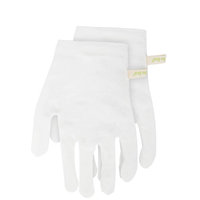'How to cure eczema permanently?' A dermatologist answers your eczema questions (you might find some of the responses surprising)
You asked, she answered...
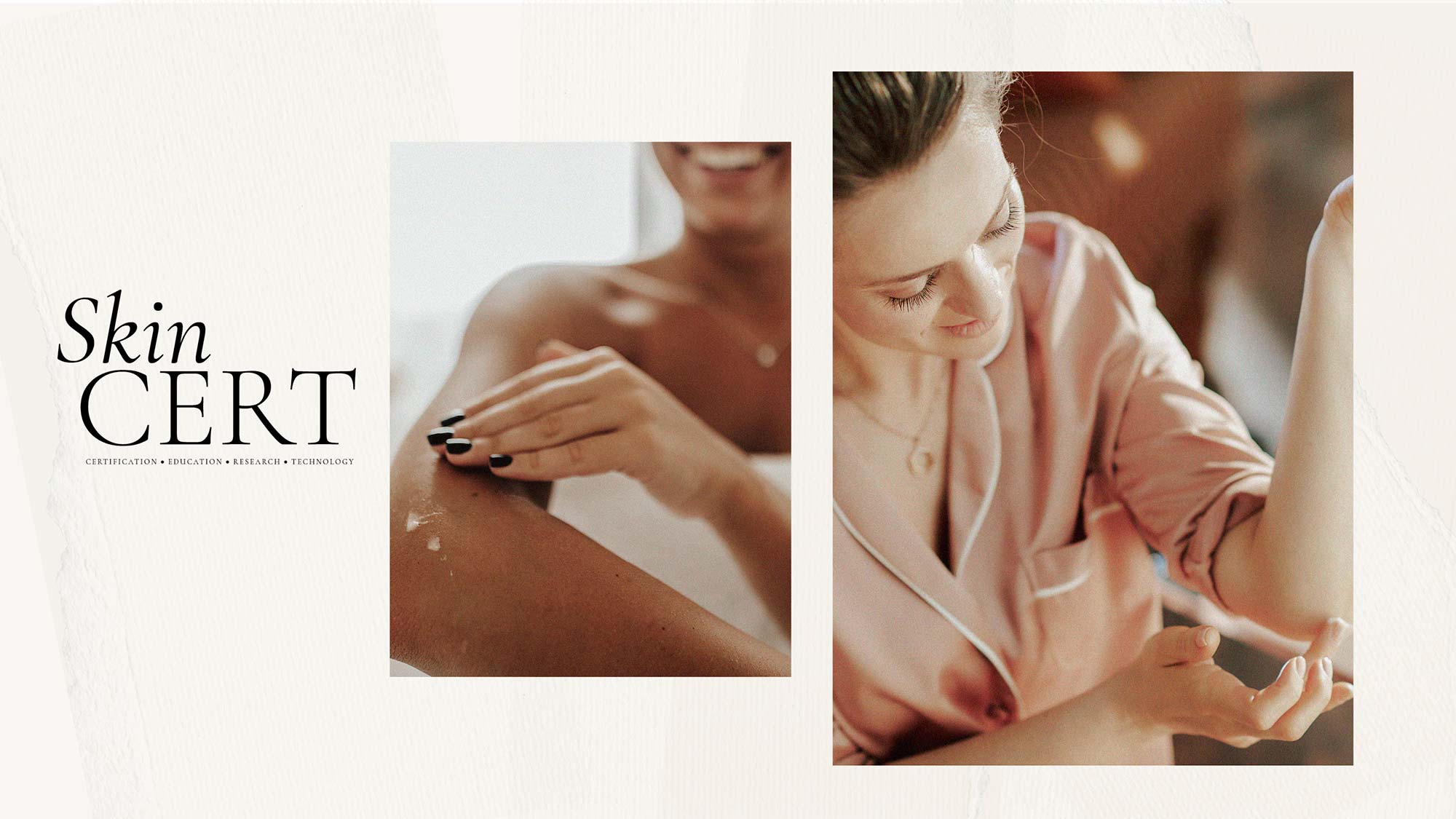

You asked, she answered...
Of all the skin conditions that we speak to our readers about, it seems that eczema is the one that truly has most of you in a spin. Whether it's knowing the best eczema cream to soothe flare-ups, how it started or wanting to help identify triggers, so many that suffer from it need more answers. And lots of you want to know how to cure eczema permanently.
This is why, when we sat down with Dr Amélie Seghers, Consultant Dermatologist at The Clinic by Dr Maryam Zamani and author of Eczema: How To Ditch The Itch (£11.86 | Amazon), we asked her to play Agony Aunt to all of your eczema questions.
Your eczema questions answered
Q: Once you have eczema, can you ever really get rid of it? Or is it just a case of keeping the itch and flare-up at bay?
A: Eczema is a chronic condition; individuals with it have a genetic tendency so you cannot get rid of it. Sometimes people say they outgrow it but once you have had eczema in your life you are at risk to have another flare-up in your life again. It is control rather than cure, so the aim is to have as few flare-ups as possible.
Q: What's the best way to manage flare-ups? How can you control them and is there anything you can do more of / less of to prevent them?
A: The best action to prevent flare-ups is to use moisturisers because they make your skin barrier stronger and your skin less dry. But also, if you know your triggers, avoid them.
Marie Claire Newsletter
Celebrity news, beauty, fashion advice, and fascinating features, delivered straight to your inbox!
To manage flare-ups you really need to have a good skincare routine, such as gentle cleansers and hydrating moisturisers (for the whole body). On the active areas where there are patches of eczema, you can apply prescription creams which can be either steroid or non-steroid. For most people, this will be enough but if the treatment creams are not enough, there are many other options such as light therapy and oral treatments. These don’t come without side effects so if we can manage it with creams, this is preferred, and most of the time we can.
Q: Why does it keep returning? What causes flare-ups?
A: There are many reasons for this. It can keep returning because an individual will have triggers that are making their skin flare. There are over 20 triggers, which I go into detail about in my book. They include things like stress, friction, teething (for little children), change in climate, and long-haul flights. Sometimes it's just a culmination of a few different things. For example, you are tired, it’s just before you go on holiday, you have been working hard, you still have to pack, you are stressed about the last days at work and then you take a long-haul flight to another country with a different climate – this scenario may be enough to cause a flare because you have fatigue, long haul flights that dry out your skin, stress etc – everything together can trigger the skin to flare.
Q: What’s the most effective way to calm a flare-up without resorting to steroids?
A: It depends on the severity of eczema. If it is mild, e.g. very mild patches, you can still manage it with moisturisers but sometimes that won’t be enough. If you do not want to use steroids, you can use prescription creams that are non-steroid; these are called calcineurin inhibitors, such as Protopic or Elidel. You can discuss this with your doctor. They are an option if you don’t want to take any steroids, but they sometimes take a little longer to clear the skin and they are more expensive. If you have very extensive eczema over the body, you could also do light therapy, but not everyone gets better with light therapy.
Q: My son and husband have terrible eczema on their hands, how can you handle eczema in an area that's exposed all the time?
A: Your hands are tricky because they come into contact with things the whole time. For example hand washing, washing dishes etc. I recommend wearing gloves to protect your hands when you do the washing up. Also, try to avoid too many alcoholic gels and avoid over-washing your hands. If you need to wash your hands, then make sure to moisturise them straight away afterwards. Another good tip is to go to sleep with moisturiser on and cotton gloves. If doing this with prescription creams you must discuss it with your doctor first because they become stronger under the gloves.
So Eco Spa Moisture Gloves, £5 | Lookfantastic
Q: What are the risks to your skin for long-term topical steroid use?
A: It’s more complex than just steroid use. There are different types of steroids – mild, moderate, potent and super potent. If using the mild one it’s obviously a lot safer than the super potent, although one area where you have to be careful with the mild steroid too is around the eyes. With long-term use (e.g. months to years as opposed to weeks) you may get acneiform lesions (nodule, papule, pustular or cysts), hair growth, atrophy of the skin (which presents itself as blood vessels being more clearly visible) in the area where you have been applying the cream. These are all quite rare, most of my patients don’t suffer from any of this, and sometimes when I see these symptoms – it is when individuals have been using the wrong creams in the wrong areas. Or when they haven’t followed the instructions to stop it.
Q: How can I deal with topical steroid withdrawal?
A: I think the worry about topical steroid withdrawal is more common than it actually is a problem. However, I would say if you were worried about this and are keen to come off, you can switch to Protopic which is a calcineurin inhibitor. Use this until it has completely cleared the skin and then you can still use it twice a week (what we call proactive treatment), but this is something to be discussed with your doctor.
Q: Every time I use a steroid it comes back worse, but it seems like all the doc will ever offer…
A: I think this is a case of an individual stopping the steroids too early when the inflammation is not completely under control, rather than the eczema coming back with a vengeance after using steroid cream. It’s comparable to a small fire - the flames may not be there but it’s still smouldering and can roar again very quickly. The impression may be that you have to use prescription cream the whole time, but in fact it was not a proper course. If a patient does not use any active creams when they have active eczema patches, it will get worse due to scratching (which is also one of the triggers). It’s a cycle and it can be hard to get out of. If an individual does not want to use steroids, there are other options, but I don’t advise using nothing, because the condition may just get worse. If it is severe the inflammation will not go away without any active treatment. There are maintenance treatments for improving the skin barrier or passive treatments (like moisturisers and cleansers) but you also have the active treatment (prescription creams) to get the inflammation under control.
Q: As an eczema sufferer, am I allowed to use retinol?
A: You are but you will have slightly more risk of irritation, so you should get your skin to a good state and have adequate facial moisturisers before you start with retinol. When you start with retinol you have to build up very slowly, for example twice a week first - then every other day, before using it daily (but some individuals will not tolerate it daily). Also, it is not a good idea to use retinol when you have active eczema, that will certainly cause irritation.
Q: Which skincare ingredients should I avoid?
A: As above, retinol is the one that always comes up, but it's not that can never use it but just be wary. You should avoid it when you have active eczema. It’s the same with certain ingredients that are used for chemical peels (either in-clinic or at home) because they can strip the natural moisturising in the skin and actually damage your skin barrier further. With sunscreens, people with eczema tend to do better with mineral sunscreen rather than chemical.
Q: Is there a better way to prep for the winter months? I find my skin is always better in summer...
A: To prepare for the winter months you might want to change your type of moisturiser, so in the summer you could be better with lighter lotions and in the winter, you might want to use a very rich moisturiser, or increase your moisturising from once a day to twice (or even more!) Also, if you have hand eczema you should wear gloves when it’s cold because the cold wind can trigger it.
Q: If I have been using steroids on my face, what can I do to improve that skin quality?
A: If you’ve been using steroids for two weeks, it’s not going to change your skin quality, but if it has been months you may want to switch to non-steroid creams, this must be discussed with your doctor first. Once your eczema is under control you could opt for a specific skincare regime that improves the quality of your skin such as a good moisturising cream and also potentially retinol (but not during active eczema).
Q: Do I need to avoid any foods etc that could be making it flare up?
A: Food and eczema are very complicated. I usually divide people into two groups – those who have a true food allergy, this is usually picked up when they are little (e.g. 6 months – 1yr). You don’t usually pick up a new food allergy in your 30s or 40s. You should obviously avoid the foods that you are allergic to as it will cause an eczema flare-up, as well as an allergic reaction. Then there's the second group, who don't have allergies but have an inflammatory diet with lots of processed foods. As you have an inflammatory condition, that's not ideal, as you put yourself in a more inflammatory state, which contributes to your eczema. Eating healthily is good for your general health, but can also help with your eczema. If you are very itchy because your eczema is very active you might want to avoid eating histamine-rich foods, things like tomatoes, strawberries, red wine, and fermented foods. It’s not that you are allergic, but when your eczema is active, these foods can make you itchier.
Q: Do you recommend the FODMAP checklist to identify triggers/ what are other common triggers?
A: The FODMAP checklist is not something I recommend to my patients. I always say that if you find certain foods make your skin worse, then avoid them but there is a difference between a true food allergy and intolerance or histamine-rich foods that can make your skin itchier. Other common triggers are discussed above - these can range from drooling to teething to stress to pollution to change in climate.
Q: How can you tell the difference between psoriasis and eczema?
A: Most of the time it’s quite clear. Both are chronic inflammatory conditions, although they present slightly differently. Psoriasis is more well-defined plaques with thicker scales and eczema is more ill-defined plaques with finer scales. Eczema also tends to affect the flexor aspect of the limbs, such as elbow folds and the back of the knees. Psoriasis tends to favour the outside e.g. the elbows or the knees themselves. Most of the time it’s quite clear clinically to identify a difference. Occasionally when it’s not so straightforward, we can take a biopsy, but it is rarely needed.
Katie Thomas is the Senior Beauty Editor at Marie Claire UK. With over 10 years of experience on women's luxury lifestyle titles, she covers everything from the best beauty looks from the red carpet and stand out trends from the catwalk, to colonic irrigation and to the best mascaras on the market. She started her career on fashion desks across the industry - from The Telegraph to Brides - but found her calling in the Tatler beauty department. From there she moved to Instyle, before joining the Marie Claire digital team in 2018. She’s made it her own personal mission to find the best concealer in the world to cover her tenacious dark circles. She’s obsessed with skincare that makes her skin bouncy and glowy, low-maintenance hair that doesn’t require brushing and a cracking good manicure. Oh and she wears more jewellery than the Queen.
-
 Penn Badgley and Blake Lively kept their breakup a secret from the Gossip Girl cast and crew - here's what we know about their former relationship
Penn Badgley and Blake Lively kept their breakup a secret from the Gossip Girl cast and crew - here's what we know about their former relationshipBy Jenny Proudfoot
-
 Spring has finally sprung - 6 best outdoor workouts that are totally free and boost both body and mind
Spring has finally sprung - 6 best outdoor workouts that are totally free and boost both body and mindSoak in the nature and boost Vitamin D *and* endorphins.
By Anna Bartter
-
 This iconic rose perfume is a compliment magnet—it makes me feel ‘put together’ after just one spritz
This iconic rose perfume is a compliment magnet—it makes me feel ‘put together’ after just one spritzGrown-up and elegant, yet not at all dated.
By Denise Primbet
-
 Silicones in skincare have become demonised, but experts say the benefits shouldn't be overlooked
Silicones in skincare have become demonised, but experts say the benefits shouldn't be overlookedThere are pros and cons to everything
By Shannon Lawlor
-
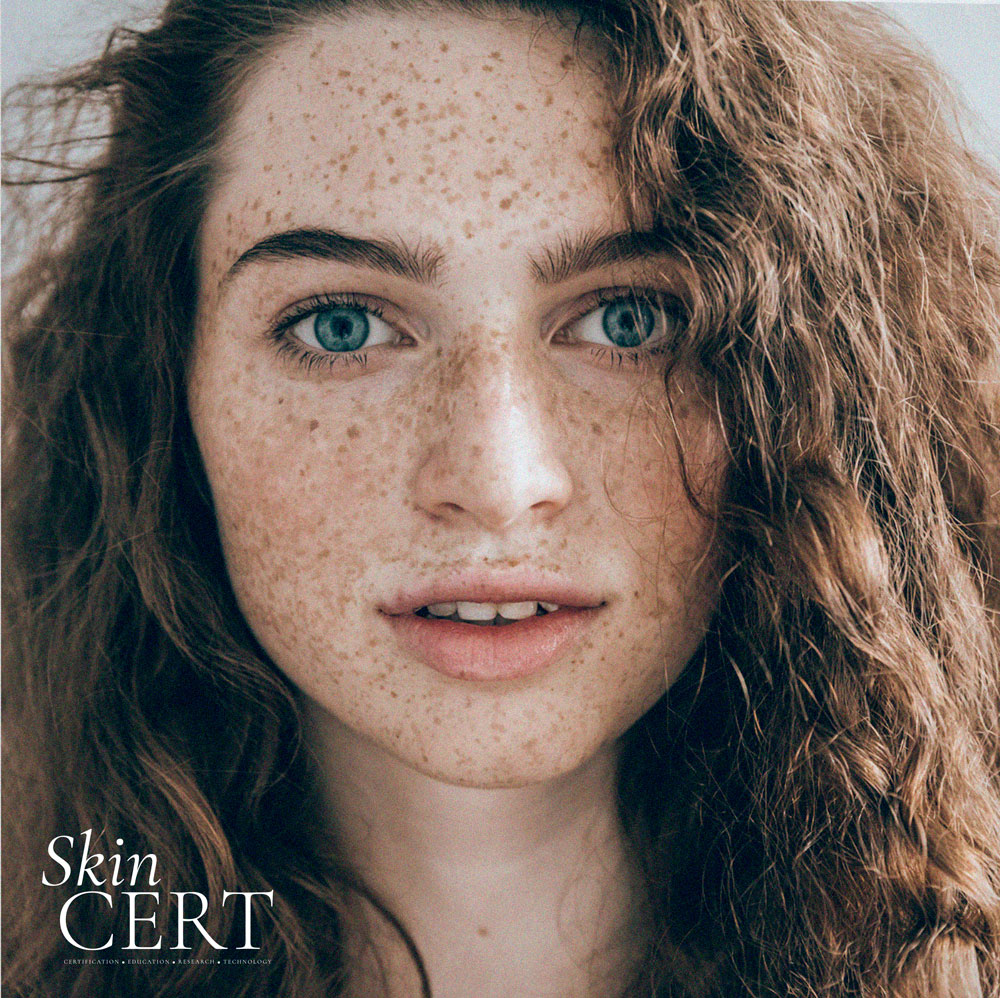 Assumed SPF in foundation was sufficient protection? You'd better think again—here's why
Assumed SPF in foundation was sufficient protection? You'd better think again—here's whyTime to bust some beauty myths
By Grace Lindsay
-
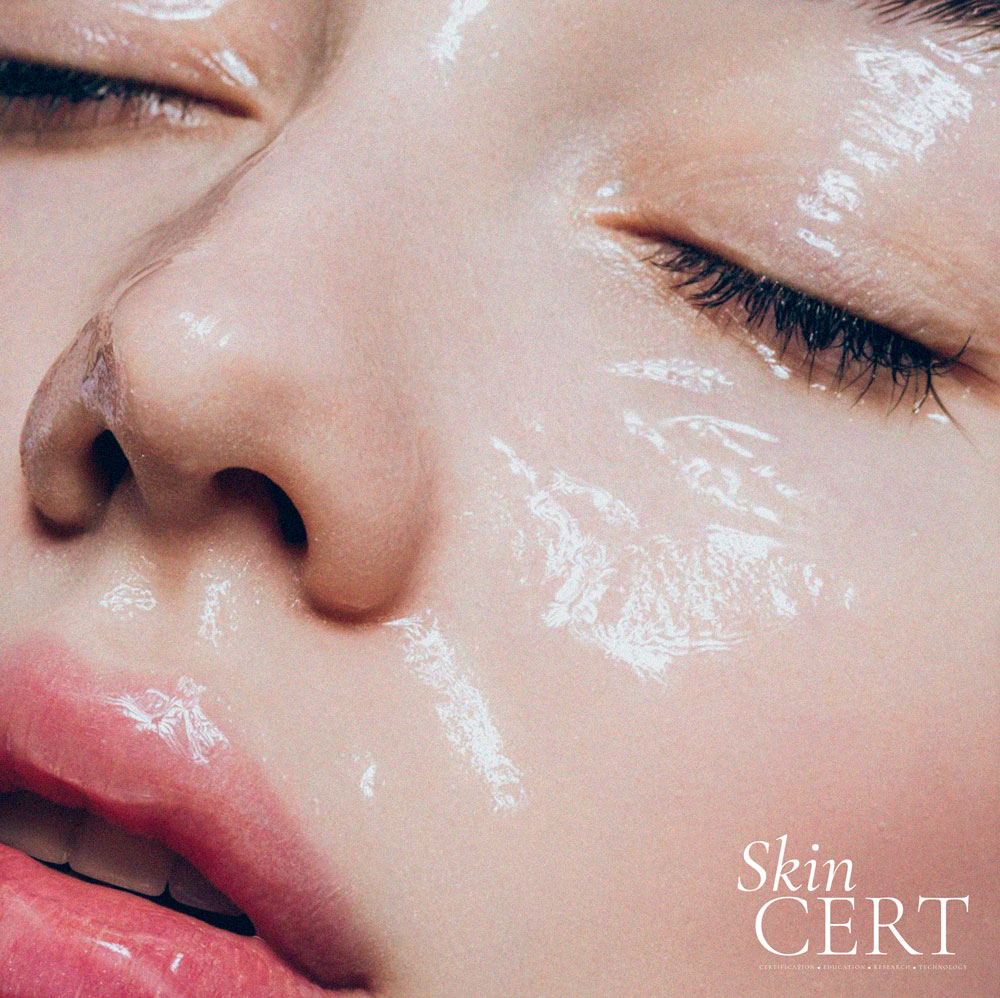 When your make-up is slipping off throughout the day, these simple skincare changes will help
When your make-up is slipping off throughout the day, these simple skincare changes will helpIt makes sense when you think about it
By Grace Lindsay
-
 If you're after no-make-up make-up, these skincare-infused serum foundations are worth knowing about
If you're after no-make-up make-up, these skincare-infused serum foundations are worth knowing aboutAnd they're perfect for foundation-haters
By Shannon Lawlor
-
 Simplify your skincare routine in 4 easy steps – for three different skin types
Simplify your skincare routine in 4 easy steps – for three different skin typesIn partnership with Superdrug
By Cat Hufton
-
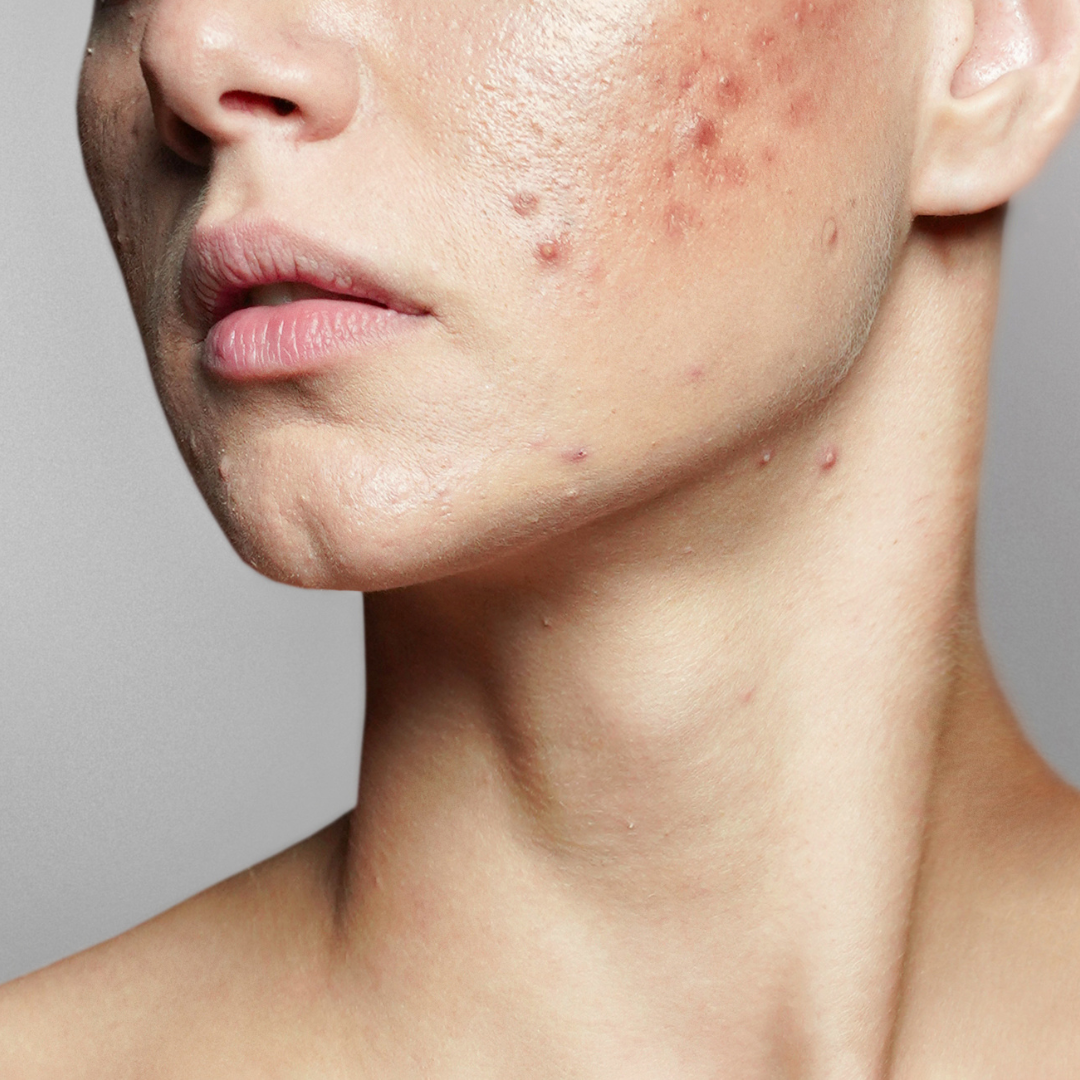 I didn’t think a retinoid would help my acne – here’s why I was wrong
I didn’t think a retinoid would help my acne – here’s why I was wrongTwo months later, I’ve learned a lot
By Alice Barraclough
-
 Consider this your 101 guide to the different types of acids for your skin
Consider this your 101 guide to the different types of acids for your skinThink you know your skincare acids?
By Alice Barraclough
-
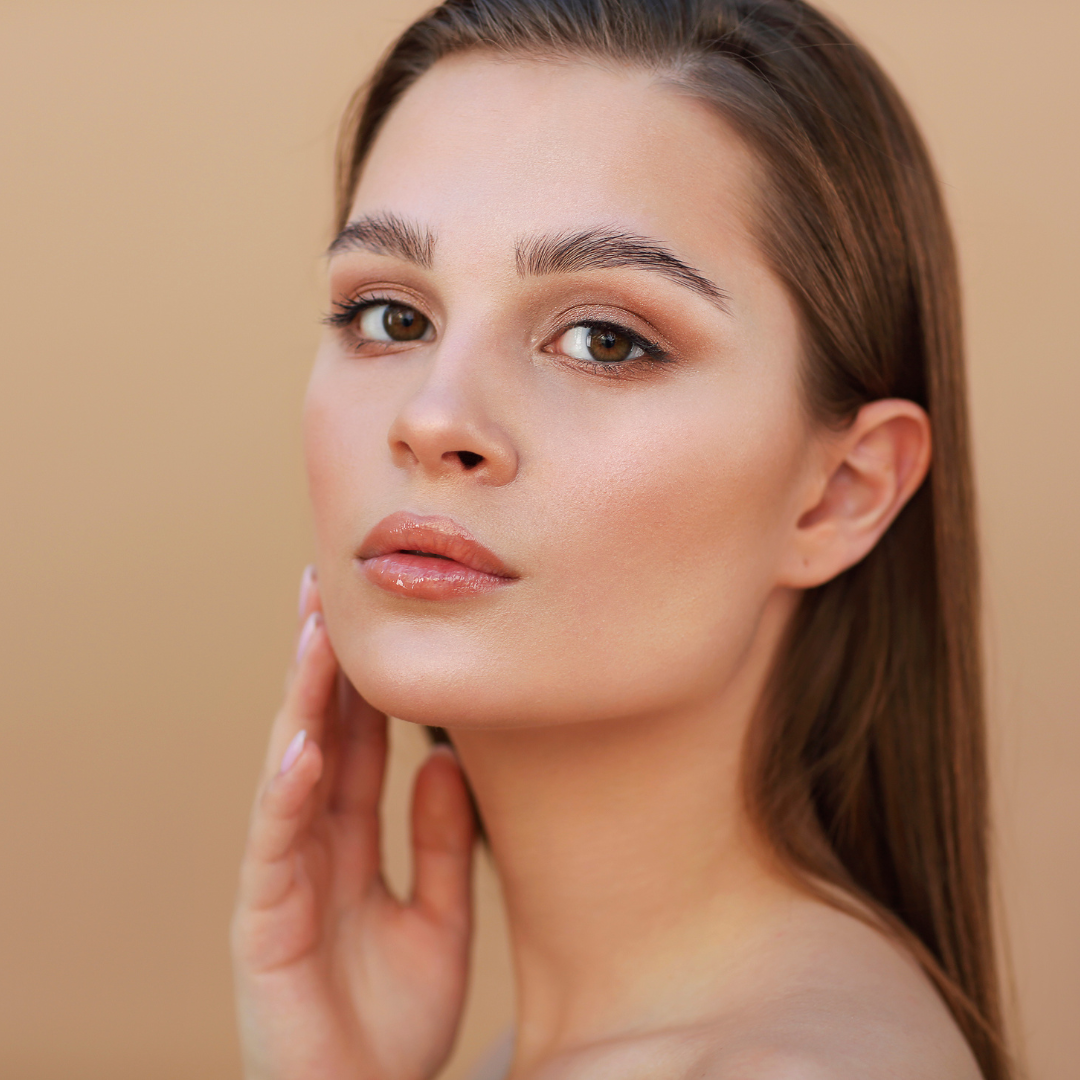 Hyaluronic acid is the super hydrator your dull skin might be craving—here's what you should know
Hyaluronic acid is the super hydrator your dull skin might be craving—here's what you should knowIt's a go-to for glowing skin
By Alice Barraclough
